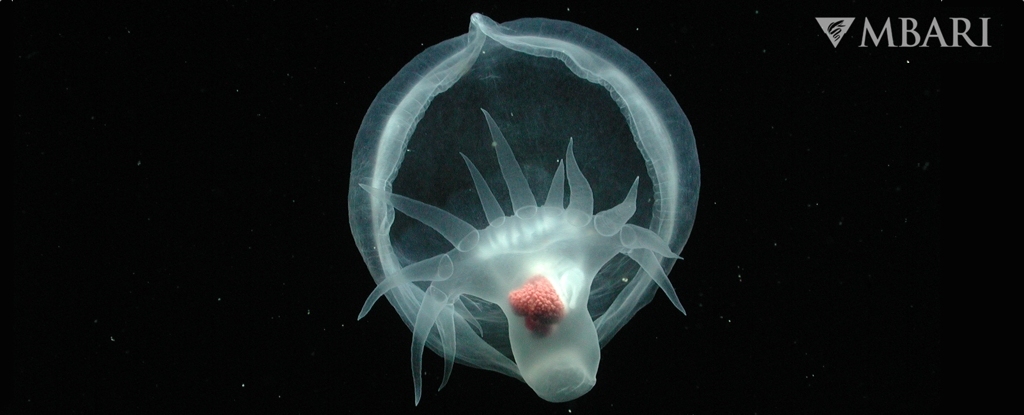Les Noyades
by Algernon Charles Swinburne (1837-1909)
Whatever a man of the sons of men
Shall say to his heart of the lords above,
They have shown man verily, once and again,
Marvellous mercies and infinite love.
In the wild fifth year of the change of things,
When France was glorious and blood-red, fair
With dust of battle and deaths of kings,
A queen of men, with helmeted hair,
Carrier came down to the Loire and slew,
Till all the ways and the waves waxed red:
Bound and drowned, slaying two by two,
Maidens and young men, naked and wed.
They brought on a day to his judgment-place
One rough with labour and red with fight,
And a lady noble by name and face,
Faultless, a maiden, wonderful, white.
She knew not, being for shame’s sake blind,
If his eyes were hot on her face hard by.
And the judge bade strip and ship them, and bind
Bosom to bosom, to drown and die.
The white girl winced and whitened; but he
Caught fire, waxed bright as a great bright flame
Seen with thunder far out on the sea,
Laughed hard as the glad blood went and came.
Twice his lips quailed with delight, then said,
“I have but a word to you all, one word;
Bear with me; surely I am but dead;”
And all they laughed and mocked him and heard.
“Judge, when they open the judgment-roll,
I will stand upright before God and pray:
‘Lord God, have mercy on one man’s soul,
For his mercy was great upon earth, I say.
“’Lord, if I loved thee—Lord, if I served—
If these who darkened thy fair Son’s face
I fought with, sparing not one, nor swerved
A hand’s-breadth, Lord, in the perilous place—
“’I pray thee say to this man, O Lord,
Sit thou for him at my feet on a throne.
I will face thy wrath, though it bite as a sword,
And my soul shall burn for his soul, and atone.
“’For, Lord, thou knowest, O God most wise,
How gracious on earth were his deeds towards me.
Shall this be a small thing in thine eyes,
That is greater in mine than the whole great sea?’
“I have loved this woman my whole life long,
And even for love’s sake when have I said
‘I love you’? when have I done you wrong,
Living? but now I shall have you dead.
“Yea, now, do I bid you love me, love?
Love me or loathe, we are one not twain.
But God be praised in his heaven above
For this my pleasure and that my pain!
“For never a man, being mean like me,
Shall die like me till the whole world dies.
I shall drown with her, laughing for love; and she
Mix with me, touching me, lips and eyes.
“Shall she not know me and see me all through,
Me, on whose heart as a worm she trod?
You have given me, God requite it you,
What man yet never was given of God.”
O sweet one love, O my life’s delight,
Dear, though the days have divided us,
Lost beyond hope, taken far out of sight,
Not twice in the world shall the gods do thus.
Had it been so hard for my love? but I,
Though the gods gave all that a god can give,
I had chosen rather the gift to die,
Cease, and be glad above all that live.
For the Loire would have driven us down to the sea,
And the sea would have pitched us from shoal to shoal;
And I should have held you, and you held me,
As flesh holds flesh, and the soul the soul.
Could I change you, help you to love me, sweet,
Could I give you the love that would sweeten death,
We should yield, go down, locked hands and feet,
Die, drown together, and breath catch breath;
But you would have felt my soul in a kiss,
And known that once if I loved you well;
And I would have given my soul for this
To burn for ever in burning hell.
Views: 0



